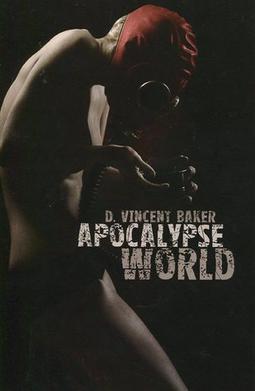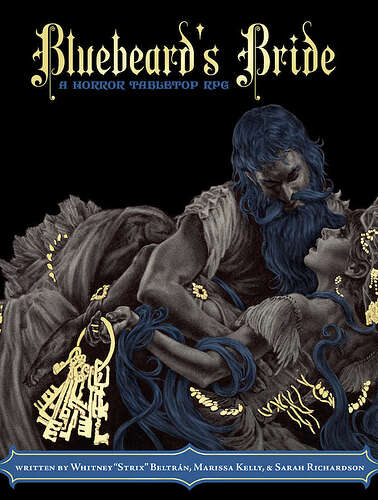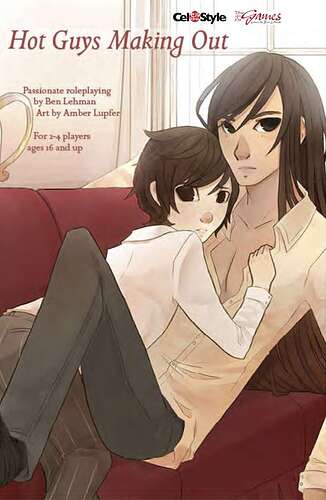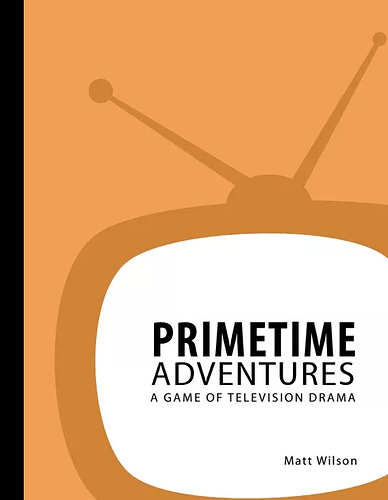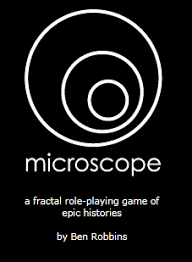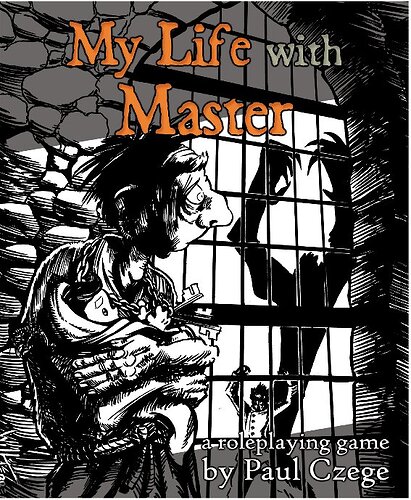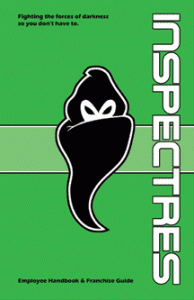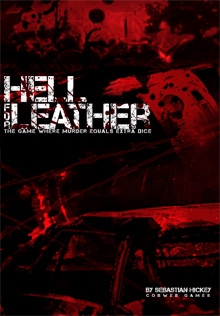YOUR POSTAPOCALYPTIC TO-DO LIST
This is fascinating. From reading the blurb, the intention is to tell a story through a To Do list.
It’s very successful in this. Crossing off items from the To Do list is satisfying and makes for a lovely, low-maintenance way to navigate a narrative. From playing the author’s Adventure Snack games before, I’ll guess that a secondary intention is to create a short but satisfying narrative, and the To Do list is ideal for this.
I liked the minimal sound design too, with the hog noises, the swiping sounds and the ambient background sound that fades quickly.
You don’t get the time to do everything on the list, so you must choose what to prioritise. I can see this working really well, but for me it didn’t quite work here. I’ll try to explain why.
There were three “essential” tasks to do: care for the hogs, clean their waste and guard against bikers. I basically found that the only way not to die was to do these on alternate days. So one day I’d care for the hogs and guard against bikers, then the next day I’d clean waste and do one of the tasks I needed to progress my career, and so on. This became a bit mechanical: it was more of a memory game, making sure I didn’t leave a task undone, than an interesting decision in what to prioritise.
(Now I’m wondering what an alternative would be. You can imagine a situation in which, when you leave the toxic waste, this creates a new task you need to do - e.g. “disinfect the hogs” - rather than a chance of death. So it opens up the story rather than stopping it. Hmm.)
The comedy style didn’t really work for me. That was surprising, because I played the author’s game Use Your Psychic Powers At Applebees, which also had comedy names, but the characters had heart and the location felt real. Here, I found the references to “Doody” and “Uncle Crankpot”, together with some of the jokes along the way, took me out of the game.
That sounds like a lot of negatives for a game I thought was pretty successful. For me, this was an experiment in telling a story using a To Do list and I thought that worked really well. It’s making me wonder what other stories you could tell in the same way. Interesting.
Here’s another apocalyptic game, which has less comedy but I absolutely love.
